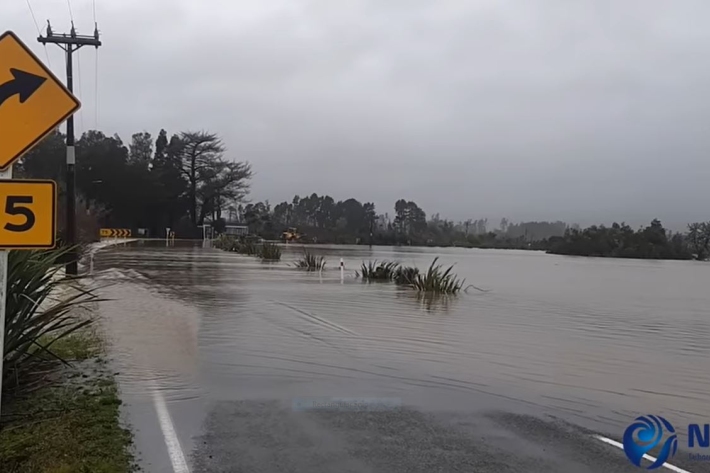-
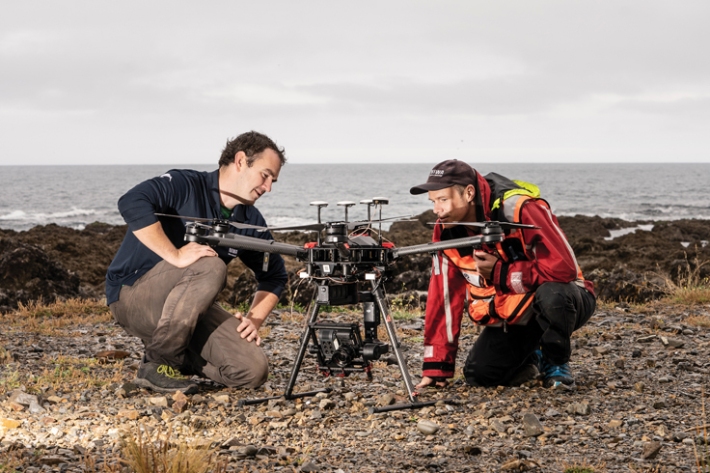
Supercharging the view from above
Feature story04 August 2021From the rocky shores of Wellington’s South Coast to the icy waters of Antarctica, NIWA scientists are combining drone technology with advanced computer skills to map, measure and analyse the natural environment as never before. Campbell Gardiner explains. -
The largest flood flow ever measured
Media release29 July 2021Flood flows on the Buller River this month were the largest of any river in Aotearoa New Zealand in almost 100 years, NIWA measurements show. -
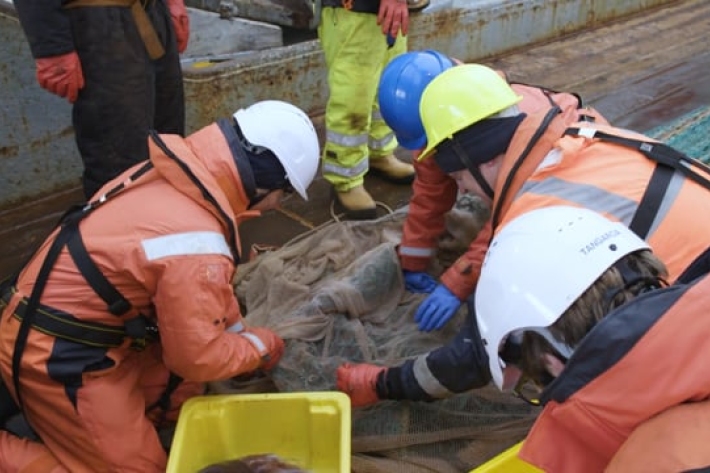
Powering diversity in the Ross Sea
Studying the mesopelagic in the Ross sea -
Study discovers microplastics in New Zealand’s seabed
Media release16 July 2021A pilot study carried out by NIWA and the University of Auckland has found microplastics in samples collected from the seafloor in the Marlborough Sounds. -

Tsunami generated by underwater volcanoes
Research ProjectMarsden-funded research investigating how erupting volcanoes can cause deadly and damaging tsunamis. -

New biodiversity memoir on the primnoid corals of New Zealand
Feature story17 June 2021A group of gorgonian octocorals that provide shelter for fish and invertebrates in the deep sea is the subject of NIWA’s latest Biodiversity Memoir. -

Sea2Cloud – how marine aerosols influence the atmosphere and climate
Research ProjectClouds over the ocean, and how they trap or emit radiation from the sun, are partly influenced by the biology, biogeochemistry and physics of the surface ocean below. -
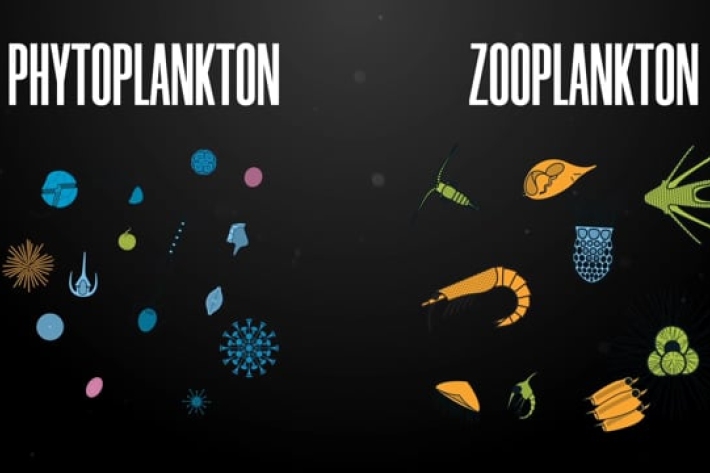
Plankton in the Ross Sea
Follow a group of NIWA scientists investigating various aspects of plankton which are the base of the Antarctic oceans food web. -

Lost scientific buoy recovered from Kāpiti seafloor
News article04 May 2021Researchers have recovered a scientific buoy from the Kāpiti Marine Reserve that went missing in late March. -
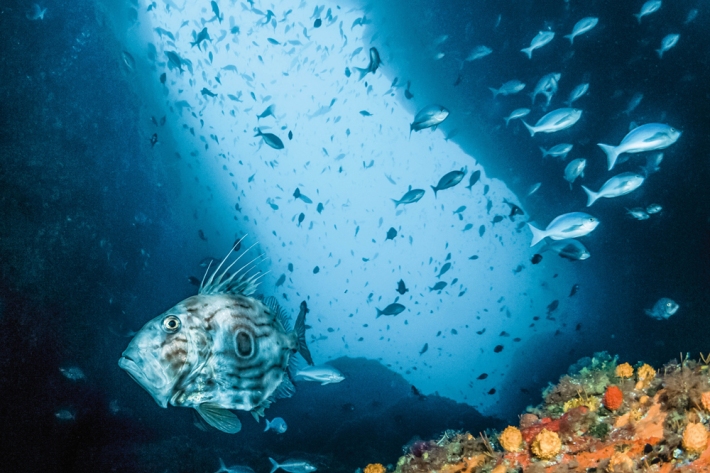
Marine reserves join ocean acidification network
Media release22 April 2021A joint NIWA and Department of Conservation (DOC) project is extending New Zealand’s ocean acidification monitoring network to include marine reserves. -
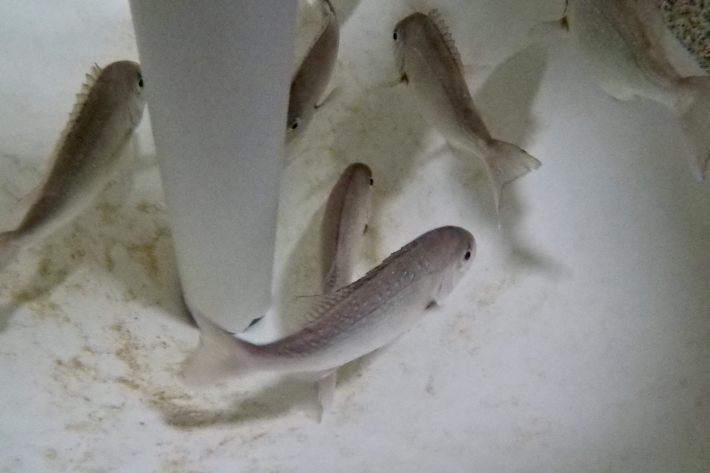
Research finds microplastics in fish muscle tissue
Media release18 March 2021Some of the first research into how microplastics are affecting New Zealand fish species has revealed that microplastic fragments can find their way through the gut lining and into muscle tissue. -
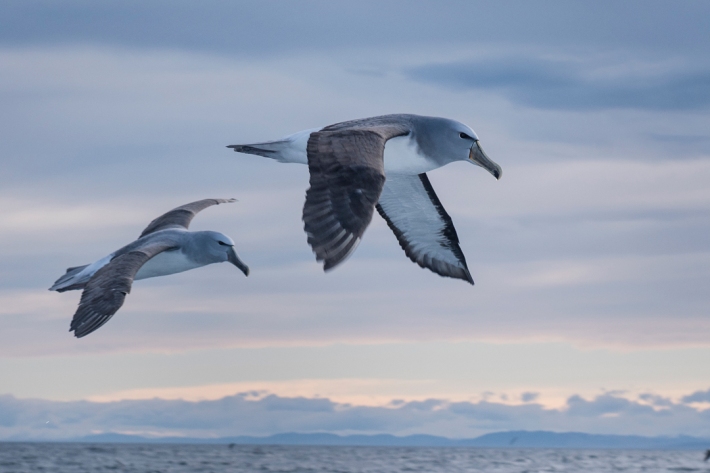
Seabirds spend nearly 40% of their time on high seas, study finds
Media release04 March 2021A global effort by seabird researchers, including those from NIWA, has resulted in the first assessment of where the world’s most threatened seabirds spend their time.

